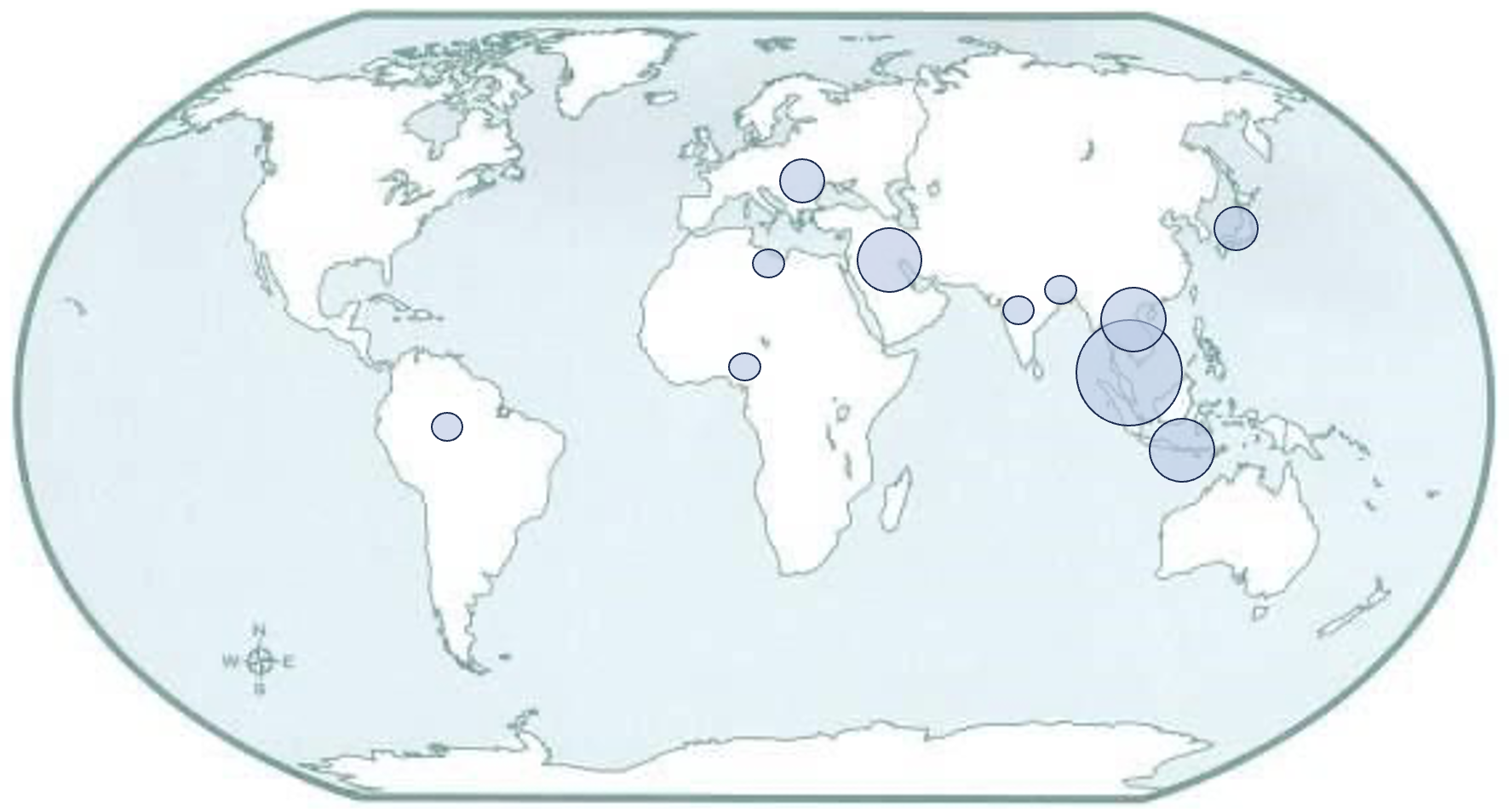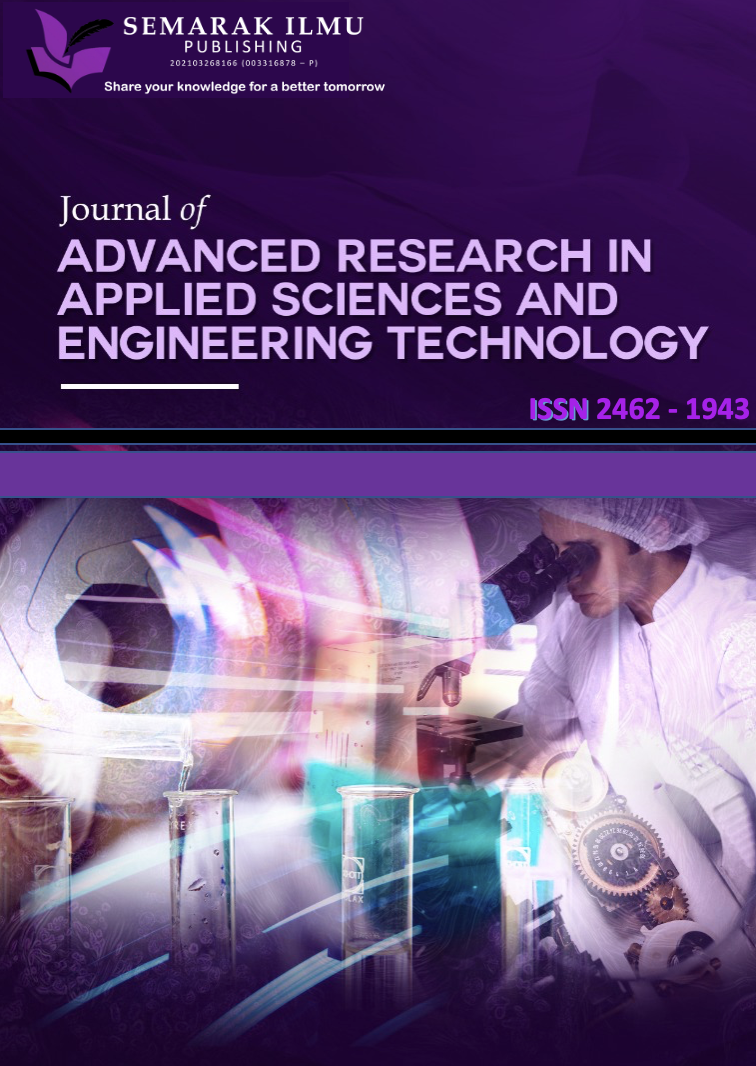Effect of Forming Pressure on the Microstructure and Mechanical Characteristics of Dense Porous Ceramics
DOI:
https://doi.org/10.37934/armne.30.1.115129Keywords:
Ceramics, forming pressure, porosity, microstructure, mechanical propertiesAbstract
Ceramics are widely used in industrial applications due to their exceptional mechanical strength, thermal stability, and chemical resistance. However, the forming pressure during production significantly influences the microstructure and porosity, which in turn affect their mechanical properties. This study investigates the effects of varying forming pressures on the microstructure, porosity, and mechanical properties of dense porous ceramics, addressing the gap in understanding optimal forming conditions for enhanced performance. A composite of kaolinite clay, silica, feldspar, and carbon black as a pore-forming agent was uniaxially pressed at 10, 15, 20, 25, and 30 MPa and sintered at 1175°C for three hours. Microstructural analysis was conducted using field emission scanning electron microscopy, while density and flexural strength were measured using Archimedes’ principle and mechanical testing, respectively. Results reveal that flexural strength increased from 22.9404 MPa at 10 MPa to a peak of 29.5365 MPa at 20 MPa, followed by a decline at higher pressures due to potential microcrack formation. The optimal forming pressure of 20 MPa provides a balance between mechanical strength and controlled porosity, making it suitable for applications requiring structural integrity and permeability. These findings contribute to optimizing ceramic production processes for diverse industrial uses.
Downloads

























